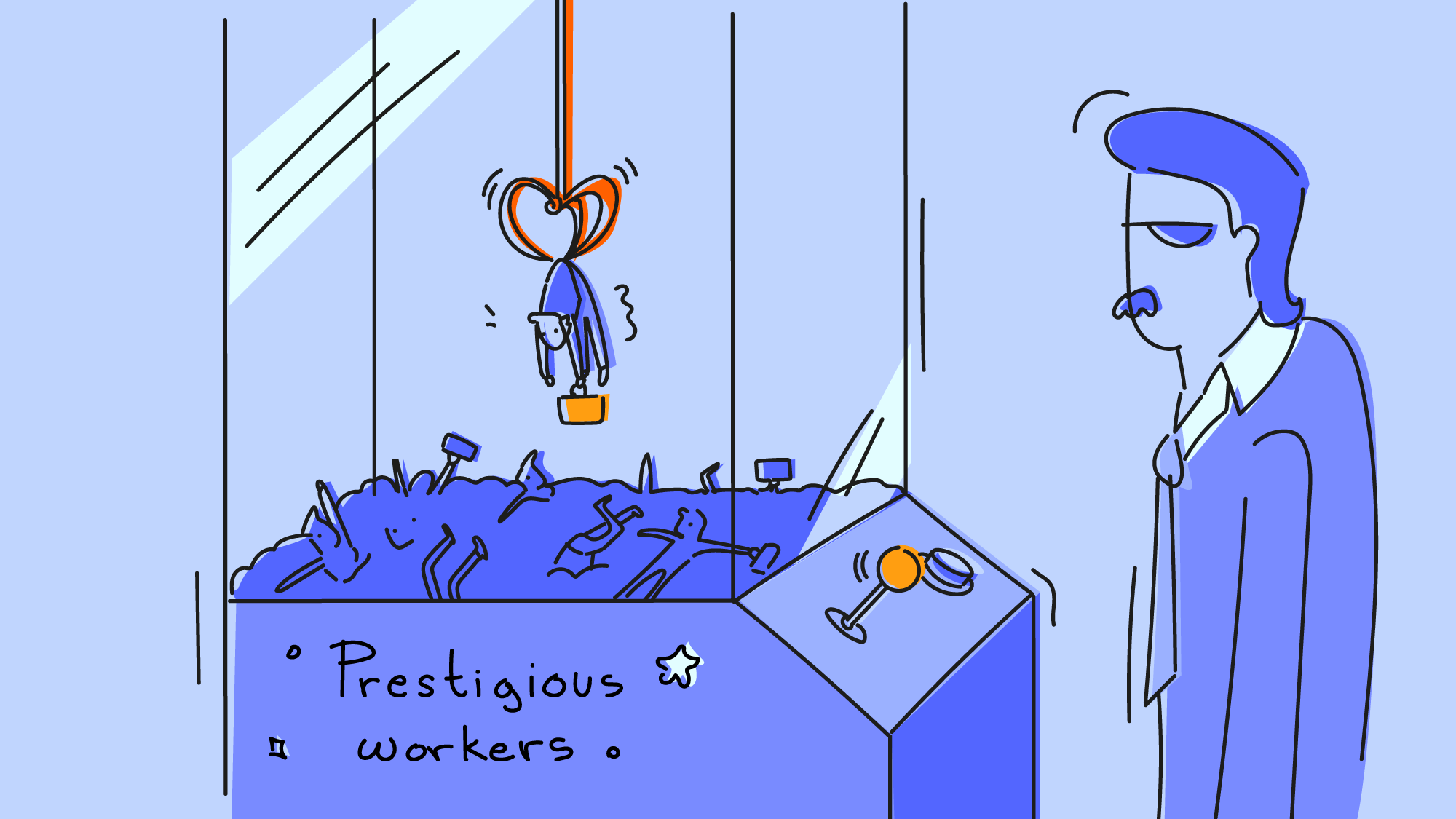Prestige and associational value
This is 100% true and one of the reasons that I think that Open Badges and Verifiable Credentials are so awesome. Associational value is built-in for human beings, as we’re social creatures who set store by what other people value.
For example, I’m Dr. Belshaw which has a certain cachet and status in some circles. But people are usually much more interested/impressed by the fact that I worked for Mozilla and that one of our co-op’s clients is Greenpeace.
Them’s the breaks. And I feel like passing on this kind of wisdom to the younger generations is really important, to be honest, as a way that the world actually works.
A lot of people suspect that having-been part of a prestigious organisation (such a a famous university or an "elite" org in your field) gets you an unfair advantage when applying for future jobs.Source: Associational Value | Atoms vs BitsThere are two main avenues you could imagine for this advantage. One is basically nepotism: through the organisation you meet lots of other people who will later give you preferential access to jobs.
A second avenue is throughthe associtional value of the institution: that people with no specific connection to you or that organisation will see the name of Prestigious Institution on your resume and hire you because, well, you were at Prestigious Institution.
[…]
I think associational value often comes out of single-sentence descriptions of what somebody has done, and that therefore there are often relatively-easy ways to get 99% of the associational benefits of a prestigious institution at a much lower cost.
For example, in the magazine-writing world, people are often (approximately) defined by 1-3 of the most famous publications they’ve ever written for: “X’s work has appeared in TK, TK and TK,” or “this is my friend Y, she writes for [famous media brand].”
[…]
I’m not entirely sure how to work around this one, beyond the “try to get a mild affiliation with a prestigious institution, even if it’s an incredibly silly one” hack.
